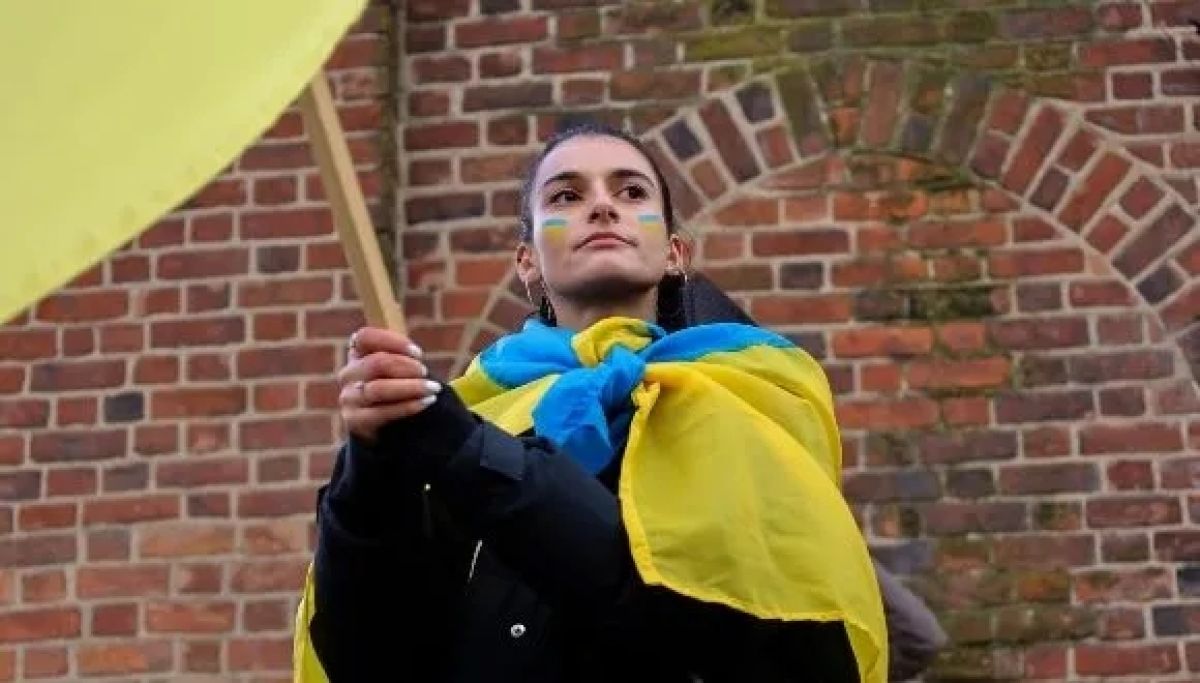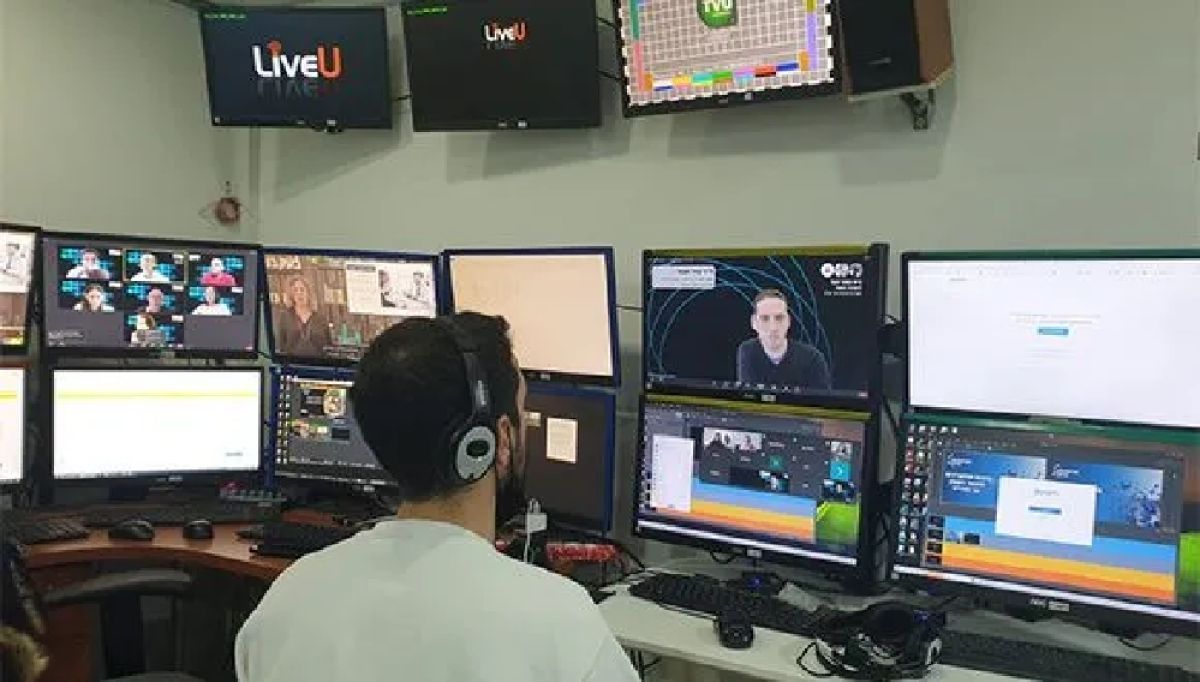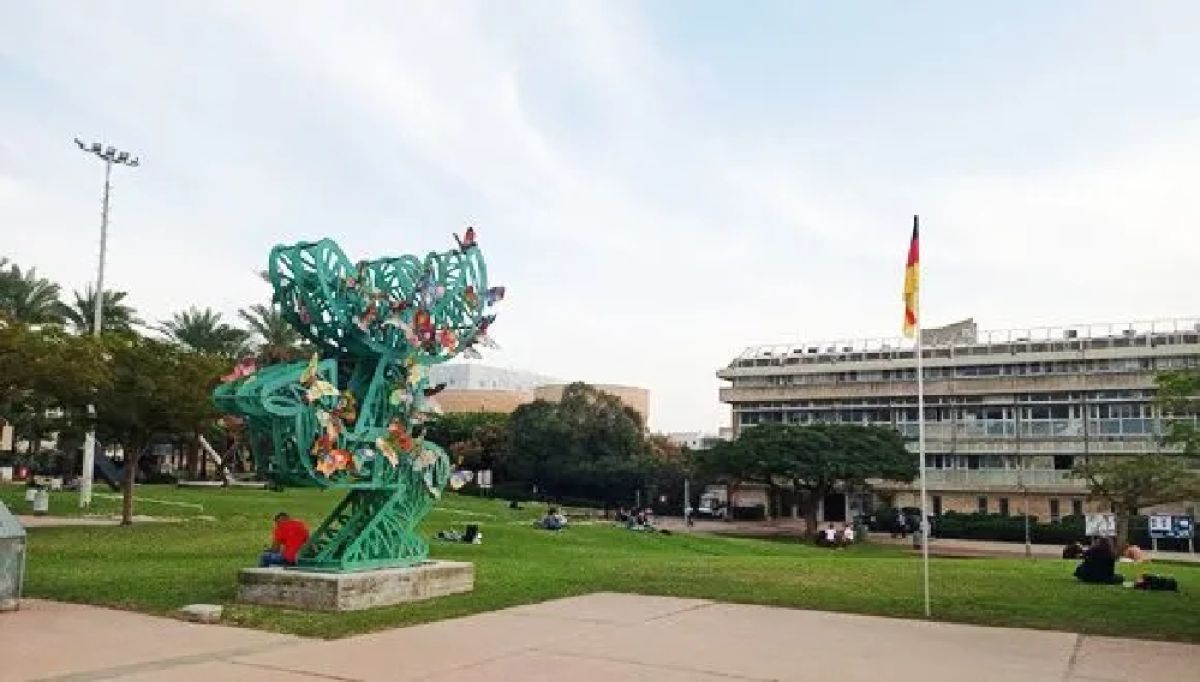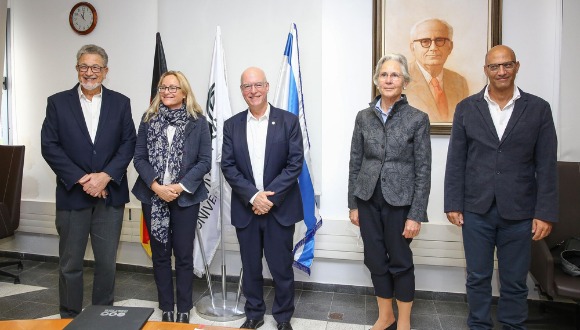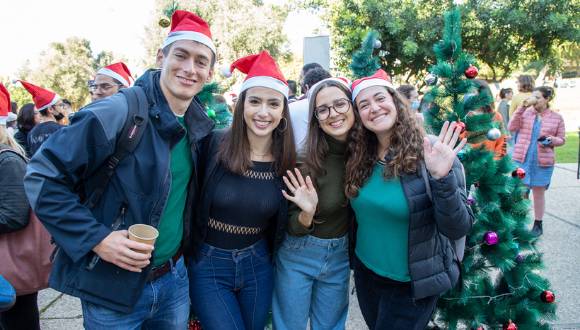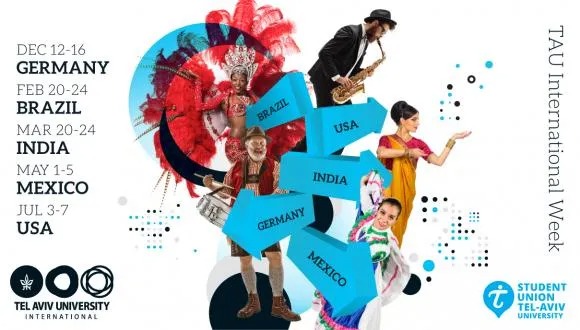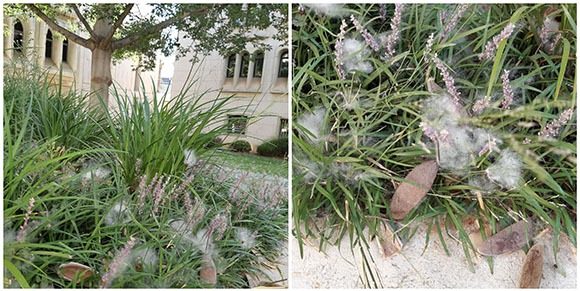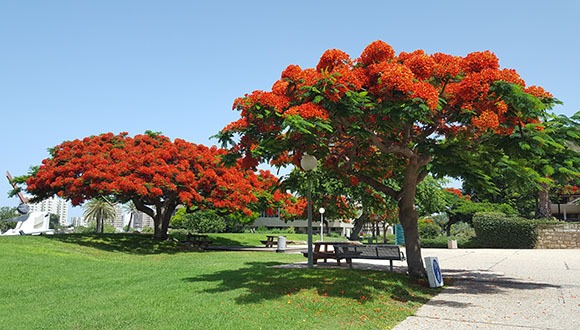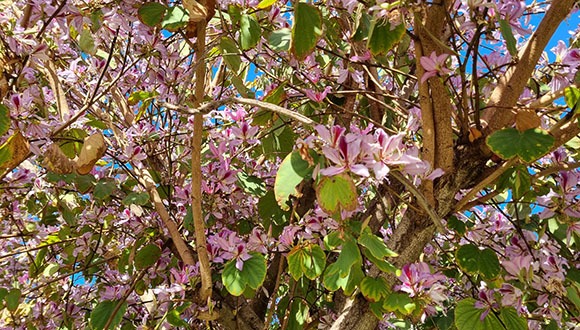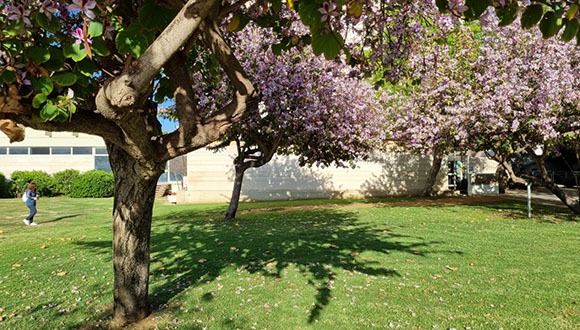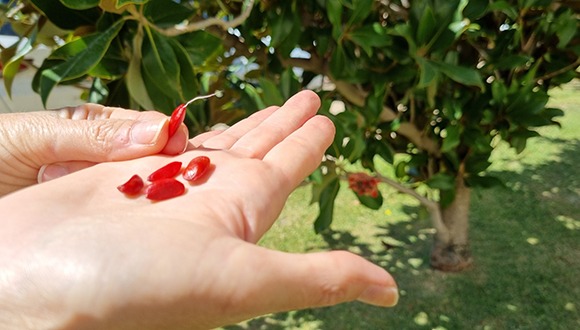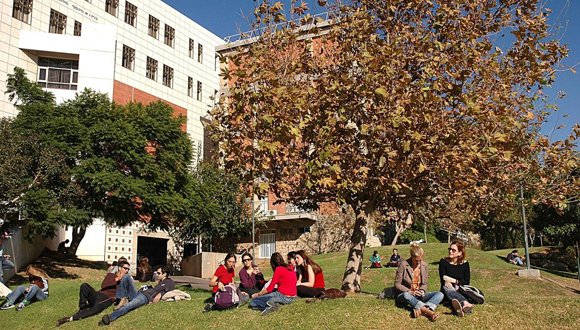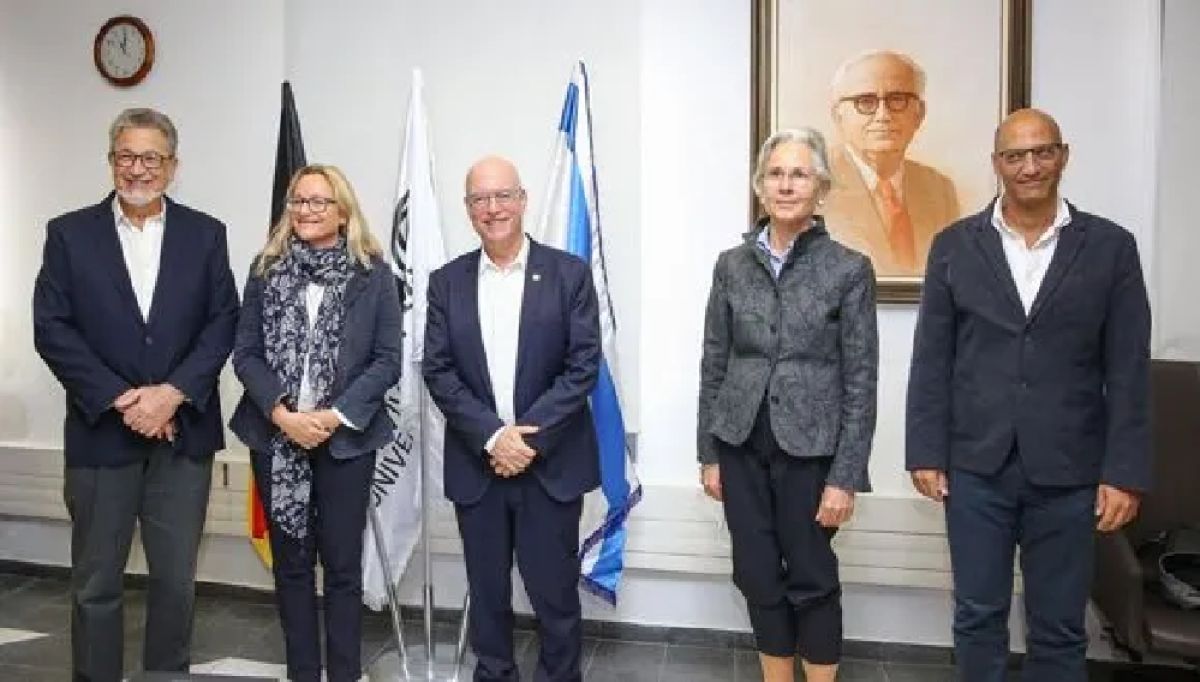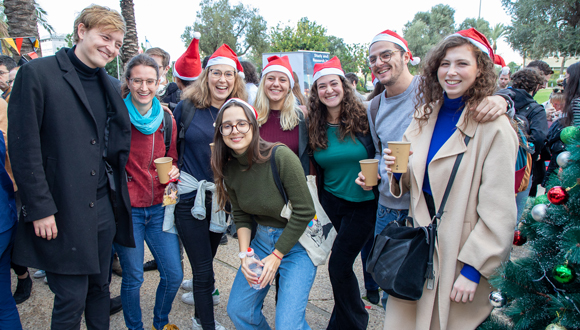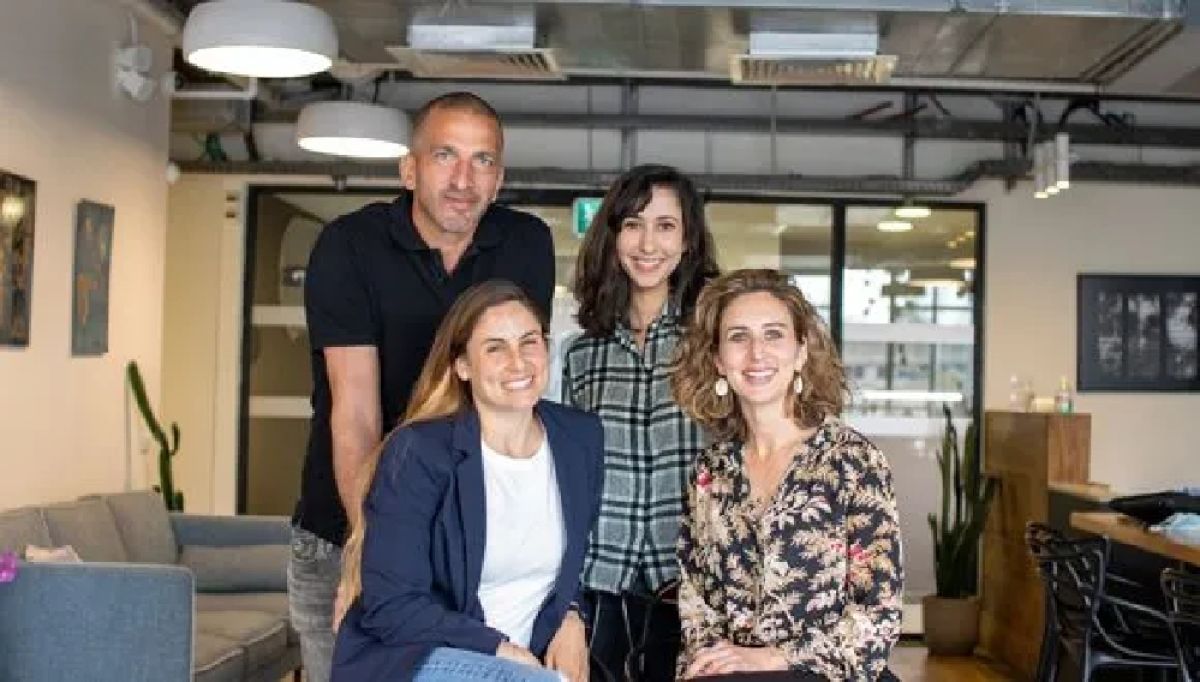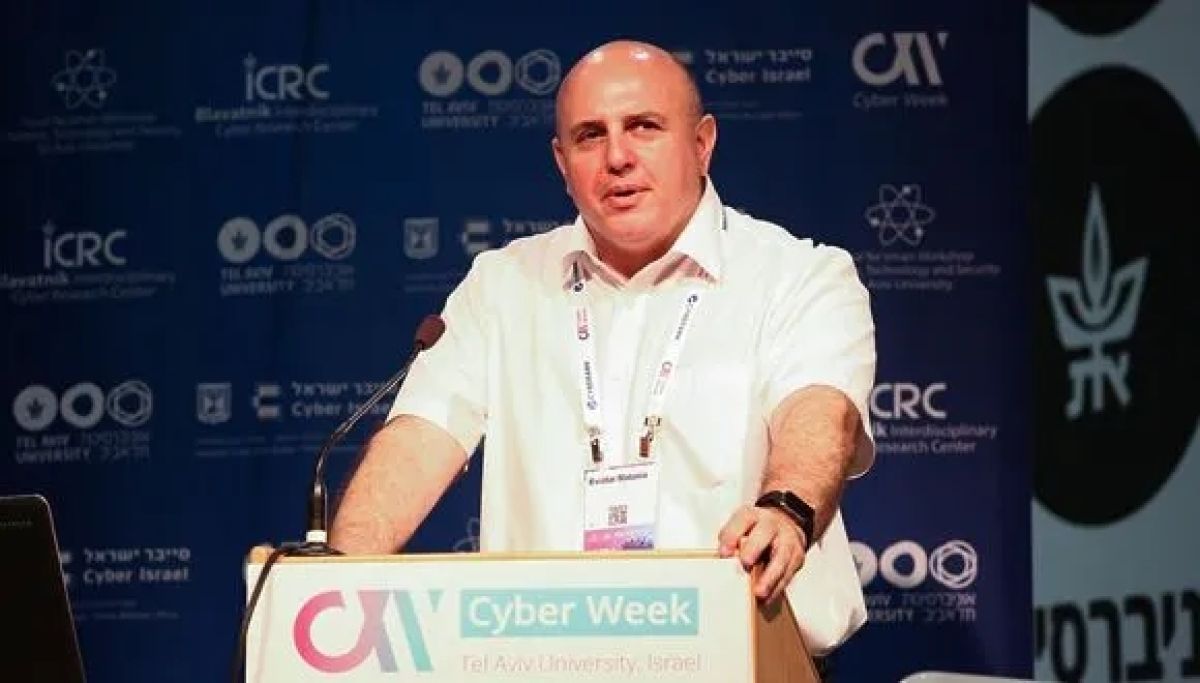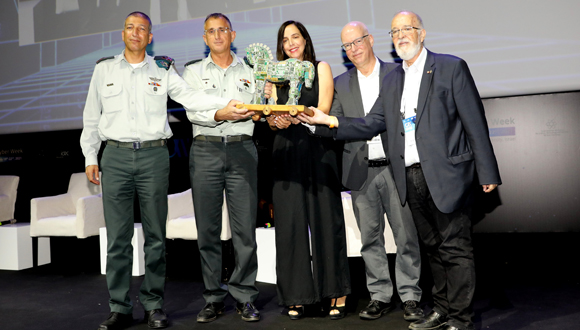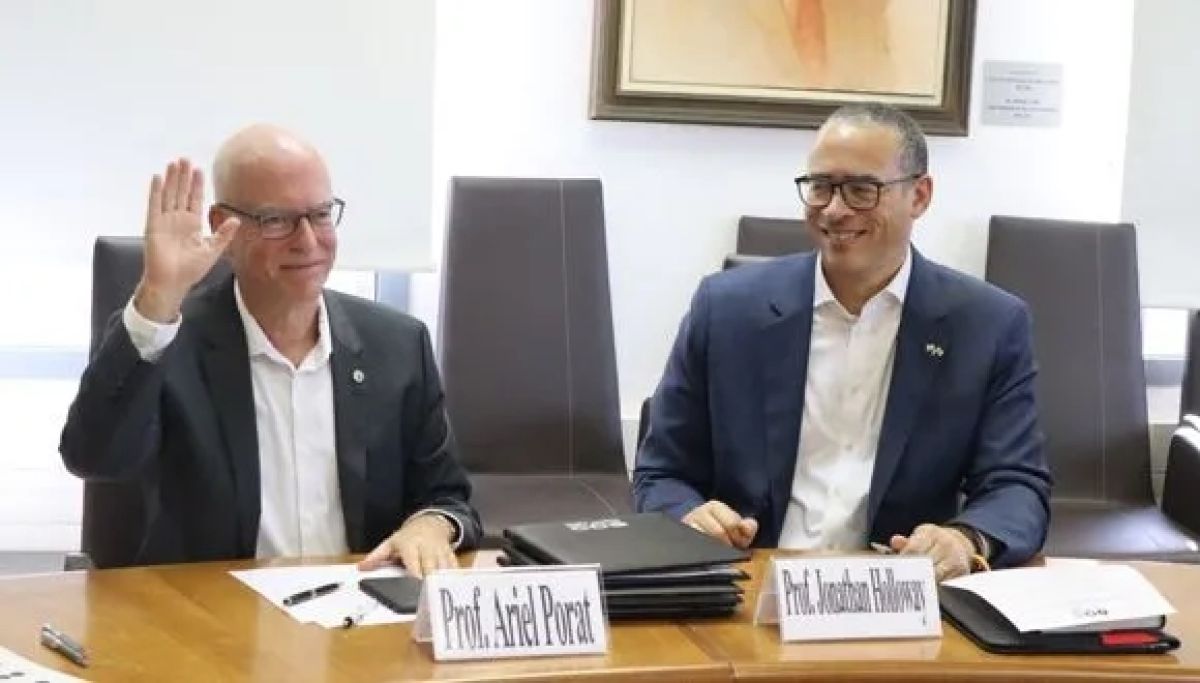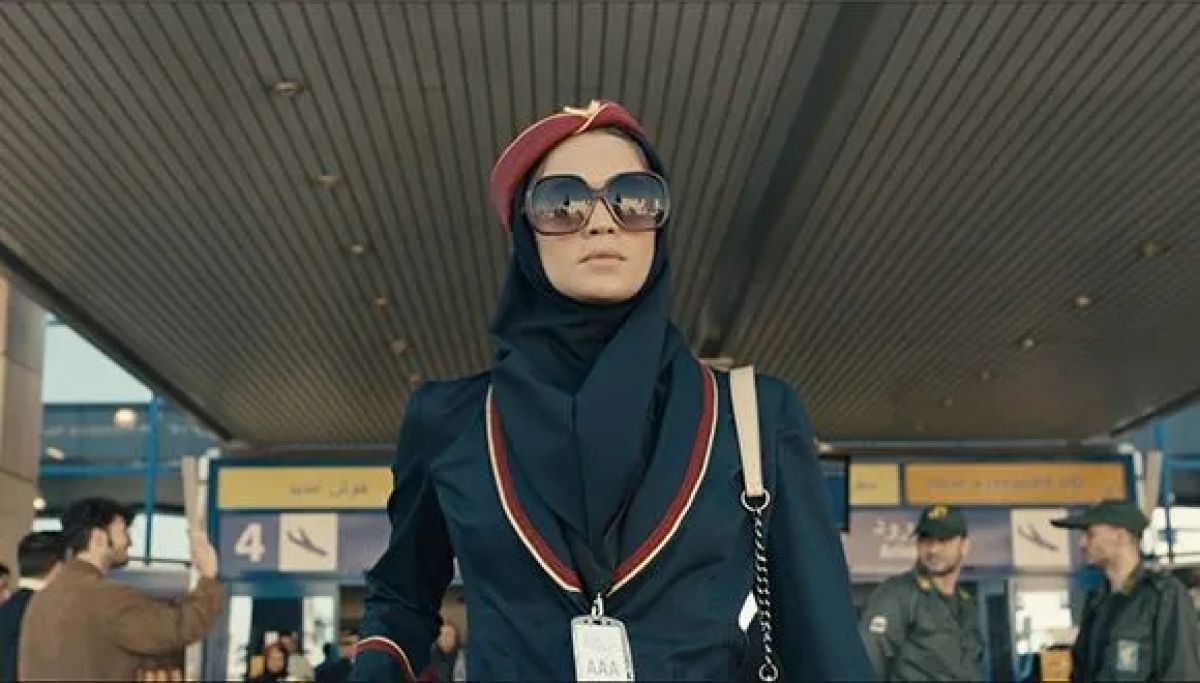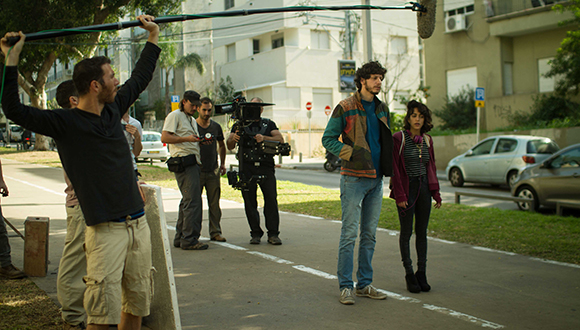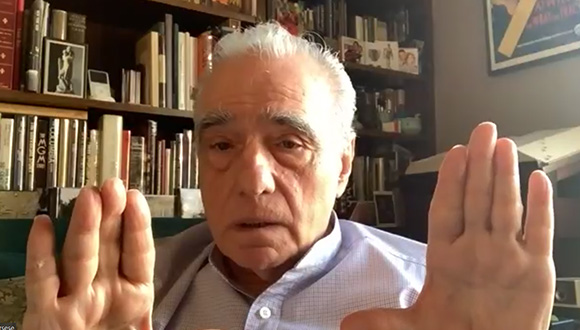TAU Special Briefing: Crisis in Ukraine
Experts dissect the war and its implications for the Jewish community, Europe and the world.
As the Russian invasion of Ukraine enters a second week, Tel Aviv University on Sunday hosted an expert briefing on the crisis.
The special panel included: Mr. Boris Lozhkin, President of the Jewish Confederation of Ukraine, Vice President of the World Jewish Congress, and a TAU benefactor; Dr. Dina Moyal of TAU’s Cummings Center for Russian and East European Studies; and Dr. Tal Sadeh, head of the EU Studies Program at TAU’s School of Political Science, Government and International Affairs.
Implications for Ukrainian Jews
“I’m afraid the war will lead Ukraine to lose a large majority of its Jewish communities,” said Lozhkin.
Already, several cities with significant Jewish populations and historic Jewish sites have endured evacuations and violence. Ukraine was in recent years home to the fourth largest Jewish population in Europe.
“Israel and the US need to increase all possible assistance to Jews in Ukraine, including the elderly, those fleeing the country, and those who fled to overcrowded western Ukraine instead,” said Lozhin, who co-led the establishment of the Ukrainian Jewry Research Initiative, carried out by TAU’s Goldstein-Goren Diaspora Research Center in the Entin Faculty of the Humanities.
Speaking to the TAU crowd, Lozhkin also implored the global academic and scientific community to join efforts in opposing the war in Ukraine.
Furthermore, he urged Israel to allow non-Jewish refugees into the country alongside the tens of thousands of Jewish emigrants expected to make aliyah from Ukraine.
WATCH: Experts Unpack the Ukraine Crisis in a Special TAU Briefing
A Cold War Russia Cannot Win
Turning from the humanitarian implications of the war, Sadeh expanded on the lasting ramifications for Russia.
“In the immediate and long-term, Russia is at a great disadvantage to West,” said Sadeh, an expert on the political economy of the EU.
Western countries like Germany and Italy that until now greatly depended on Russian fuel and crop exports may feel a temporary strain. However, Sadeh indicated that Moscow is poised for dire outcomes as it is currently “under economic siege.”
If the current situation leads to another Cold War between Russian and the West, he emphasized that “Russia cannot win.” In addition to crippling sanctions squeezing the Russian economy toward collapse, he explained that the West holds a technological and political advantage over Russia.
Touching on the potential outcomes of the conflict, Sadeh explained that Putin may achieve his goal of preserving the nature of the Russian regime and preventing it from becoming democratic. Still, the situation may lead to long-awaited shifts in the West’s self-reliance on raw material production; shifts that he says could bolster the West’s strategic stance.
“The media, leaders, and public all see that Putin is not another dictator that can be paid off to be left alone,” he said. Moreso, the current events are catalyzing the West to understand that its economic interactions with Russia can and should change.
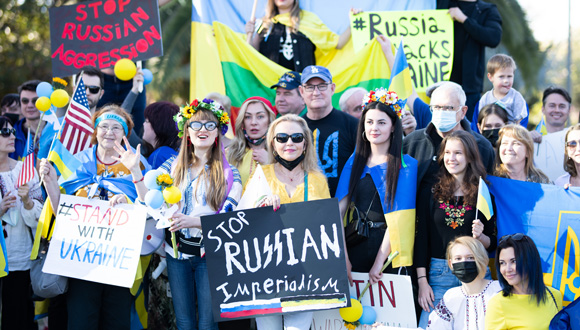
Protesters against the war and russian armed aggression in Ukraine, in Los Angeles, California, USA 2022
A Russian Civil War?
While Lozhkin and Sadeh provided insights on the consequences of the war, Moyal took a step back to explore the many questions around Putin’s decision to invade Ukraine.
“The conflict is a reflection of Russia’s specific worldview after all it went through in the 20th century,” said Moyal, an expert in Soviet and modern Russian history. “I want to suggest that this is actually a civil war for Russia over its future, identity and regime.”
Moyal pointed to current clashes in Russian public opinion that indicate strife within the country. Examples include protests within Russia against the war in Ukraine and accounts of Russian soldiers pleading with Ukrainians to spare their lives so they can return home to report what state-sponsored propaganda machines are not.
Meanwhile, Putin’s actions signal to Russia that he is unwilling to relinquish his tight authoritarian grip on the country as he struggles to maintain what he sees as Russia’s historic identity in the face of former Soviet republics, such as Ukraine, that more easily moved away from communism toward Western-style democracy.
“Those who used to be quiet in the cultural sphere, such as journalists for example, are starting to speak up and with this hopefully be able to change public opinion,” she said. “Most importantly, and more optimistically, it gives hope that people around Putin will change their stance [on him].”
An End in Sight?
While all three panelists agreed that the conflict is likely to escalate before it ends, they were optimistic that the long-term effects of the war have the potential to change Russia’s power dynamics for the benefit of both internal and international affairs.
“Putin is more of a cynical pragmatist than an ideologue, and he is ultimately after power,” said Sadeh. “The main threat for Putin is his inner circle. As sanctions continue to bite, they will become increasingly inclined to replace him.”
Moyal echoed Sadeh’s views that Russia will not benefit if it continues this path toward economic collapse. “Hopefully, this will bring about a change of regime, which would be a good prospect not just for Ukraine, but the whole world.”
Hundreds of TAU friends from around the world tuned in to listen to the expert panel. European affairs expert Dr. Esther Lopatin of TAU’s Division of Language Studies moderated the event.


